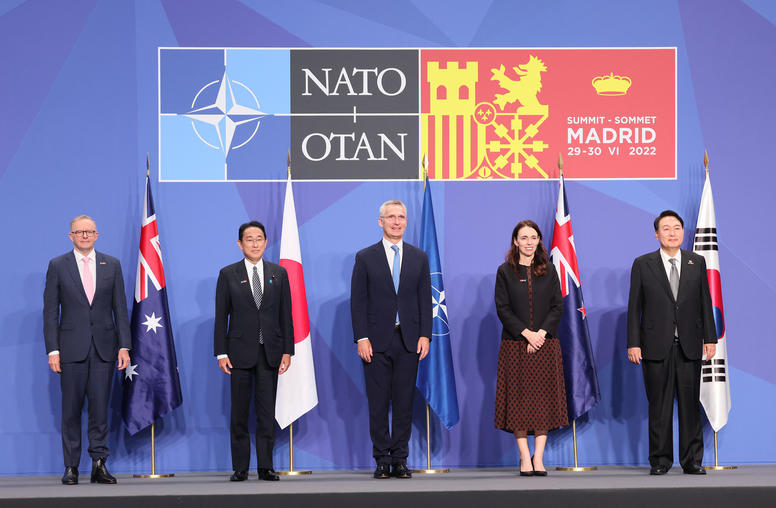 South Korea
South Korea
Featured Research & Analysis

The Risks of South Korea’s Nuclear Armament Under a Troubled Democracy
On President Donald Trump’s first day in office, he referred to North Korea as a “nuclear power.” Just a few months before, North Korean dictator Kim Jong Un said he would “exponentially” increase his country’s nuclear weapons arsenal, which he followed by testing a new intercontinental ballistic missile and a new hypersonic missile. Additionally, there are concerns that Moscow may transfer sensitive military technologies to North Korea in exchange for Pyongyang supplying weaponry and troops for Russia’s war on Ukraine. These developments inject new urgency into a key question that will have major ramifications for stability and security on the Korean Peninsula and beyond: Should South Korea go nuclear?

Moving Forward on North Korea: The Case for Bold Transitional Justice Initiatives in South Korea
Near- and medium-term prospects for the peaceful reunification of North and South Korea are poor, and steadily worsening. Nevertheless, this discussion paper argues that South Korea needs to prepare for a possible peaceful reunification of the Korean Peninsula. The paper proposes a five-step process to advance a bold transitional justice initiative in South Korea and ways that international actors can help. The paper concludes with recommendations to strengthen this transitional justice process.

How Should Seoul Respond to North Korea's Soldiers in Russia?
The Ukraine war is taking a new turn with the involvement of North Korean soldiers. Washington estimates that, so far, North Korea has sent approximately 10,000 troops to Russia — around 8,000 of whom have been deployed to the western region of Kursk, where Ukraine seized territory in a surprise attack earlier this year. And as U.S. officials predicted in late October, North Korean troops have reportedly begun engaging in direct combat.
Current Projects

Resolving Tensions Between South Korea and Japan: An Essay Series
South Korea and Japan normalized relations in 1965, but unresolved historical disputes continue to undermine genuine bilateral reconciliation and optimal diplomatic, security and economic cooperation. Past efforts, both between the two countries and trilaterally with the United States, to help improve relations have generally emphasized a “future-oriented” approach that focused on common security and economic interests.

NATO and Indo-Pacific Partners: Understanding Views and Interests
To increase understanding of these changes and their impacts, USIP convened an expert study group consisting of experts from NATO countries and from NATO’s formal partner countries in the Indo-Pacific: Australia, Japan, South Korea and New Zealand, which are informally known as the Indo-Pacific Four (or IP4).

Pursuing Peaceful Coexistence with North Korea: An Essay Series
This ongoing USIP essays series explores how the countries involved in the Korean Peninsula can tangibly and realistically reduce risks and improve relations within a reality where North Korea possesses nuclear weapons and will not denuclearize in the foreseeable future. In other words, how can the United States and South Korea peacefully coexist with a nuclear North Korea?